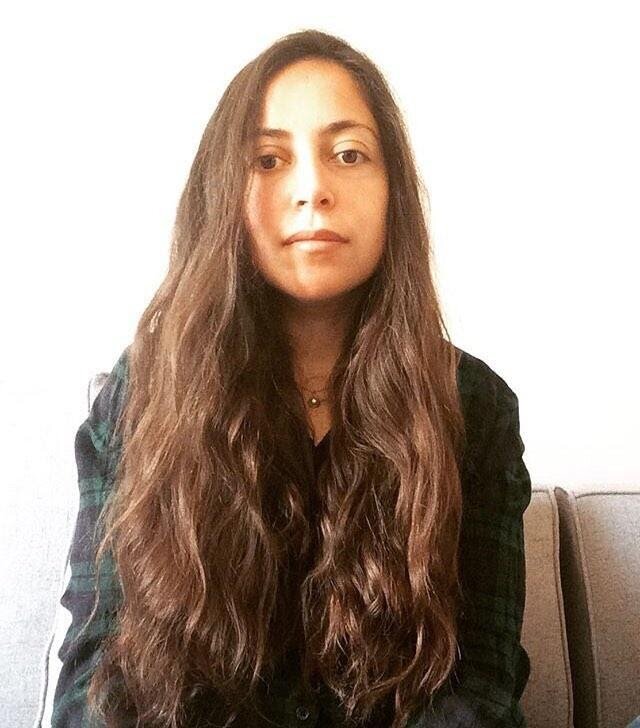
An Open Letter: The Anxious Mind of a Marine Scientist World Mental Health Day - October 10
It is not easy to expose my feelings and thoughts while writing this letter. I guess it is the anxious mind crying out to be concealed; telling me that I am making a fool of myself in being vulnerable in front of many strangers. “What will they think of me?”, is the first question that rises in my head. ‘‘Are they going to think that I am a ‘weak’ person?’’ I’ve come to hate that word ‘weak’ but it still resonates in my head when I’m being caught in a whirlwind of thoughts.
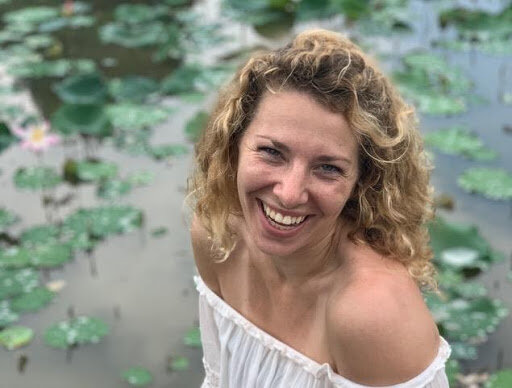
Not your stereotypical white coat lab work – Meet Coral Biologist Megan Clampitt
Stereotypes. Since the 1950s research has exposed the way students depict a scientist. White lab coats, eccentric men, wild hair and extravagant experiments all epitomise the stereotypical ‘mad scientist’ portrayed by the media. Although gender stereotypes may be on the decline, understanding the role of a modern scientist is important. Firstly, not all lab work requires a white coat and a crazy experiment!
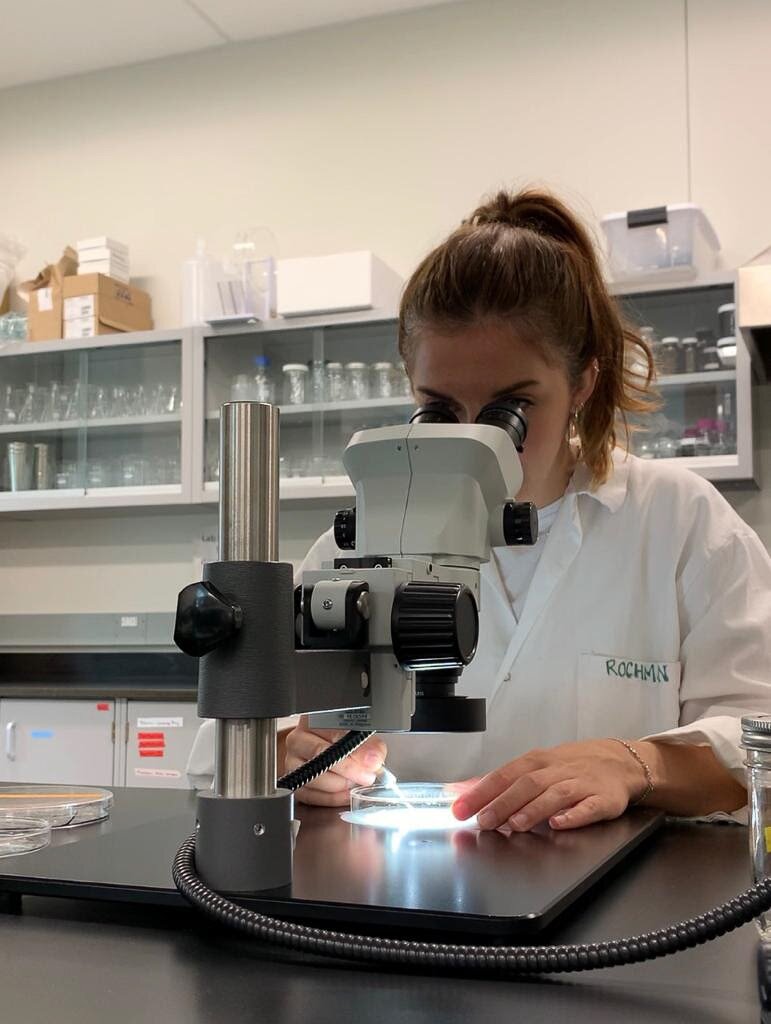
Up close and personal with Microplastics
Microplastics are everywhere. Every sample I have analysed, from sediments to fish tissue, has contained tens if not hundreds of plastic particles of different shapes and sizes. I work as a plastic pollution researcher at the University of Toronto, where a large part of my work involves testing and developing methods to analyse microplastics from environmental samples.

COVID, Anxiety and The New Normal
Fear and excitement filled my body when we got the long anticipated email about returning to the lab after lockdown. I began this year in the West Highlands of Scotland, In a beautiful coastal town called Oban, with a population of 8,500.
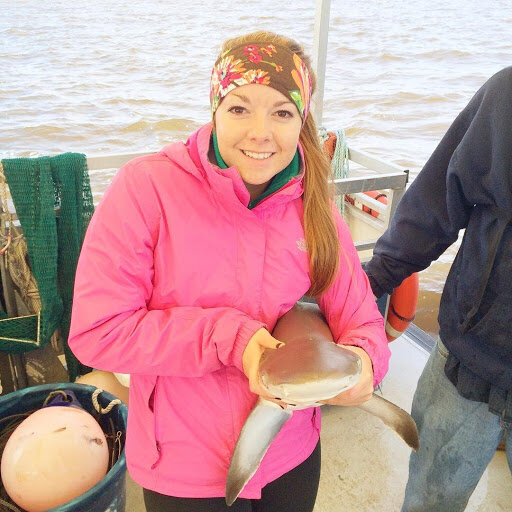
Porbeagles and Publications: An Interview with Brooke Anderson
Hello Women in Ocean Science! My name is Brooke Anderson and I am a marine biologist that studies sharks and other fish.
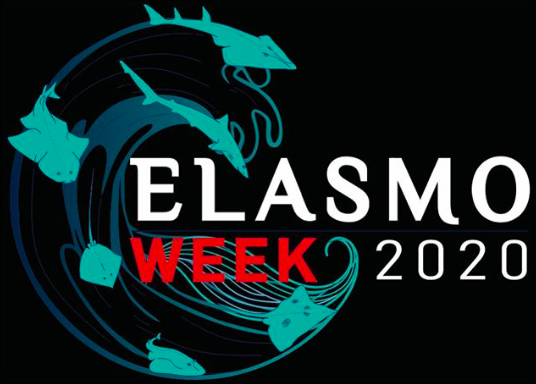
Elasmo Week
Elasmo Week is a virtual event about sharks, skates and rays - a group of fish collectively called Elasmobranchs. Real scientists will be talking about the various and mind-blowing ways they study elasmobranchs while celebrating as many species as they can! It is a free week-long event, and if you miss out on any of the live talks, they will be available on the MISS YouTube channel for future binge-watching.

A Collection of Personal Experiences by Black Women in Marine Science: An Interview with Rose Santana
My name is Rose Santana. I was born in the Dominican Republic and moved to Florida to study marine science four years ago. I recently graduated with my Bachelors in Marine Biology and Minors in Environmental Studies and Marine and Coastal Affairs. And I currently work as a Lab Manager at Florida International University before applying for Graduate School next year.
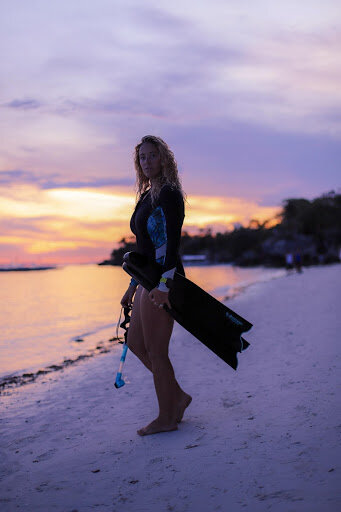
An interview with Shark Ecologist Catherine Cushenan
Catherine Cushenan, also know as Cat Sharks, has spent the past six years travelling the tropics, studying shark behaviour - with a little bit of tourism action and videography on the side. She is a shark ecologist, drone pilot and freediver from the U.K. whom has dedicated her life to saving the ocean and its inhabitants. Read below to find out about her enviable relationship with sharks.

Sharks, Rays, and Skates…in Northern Ireland?!
Northern Ireland is a small part, of a small island, off the west coast of the United Kingdom. If you’ve heard of my home country then you’re likely to know us for the Giants Causeway (a bunch of basalt columns), the Titanic (the most famous ship that sank), or The Troubles (our troubling history). But there is a valuable part of our heritage that has been lost in cultural memory – our sharks, skates and rays (elasmobranchs).

My Journey to Shark Science
When I was little I would always tell people that I wanted to be a veterinarian. I even went to college on a pre-vet track. However, the ocean had always been a wonderful and mysterious place to me. I spent countless days fishing with my dad and several summers visiting family in Myrtle Beach, SC, but I had no idea that you could study the ocean and its inhabitants as a job.
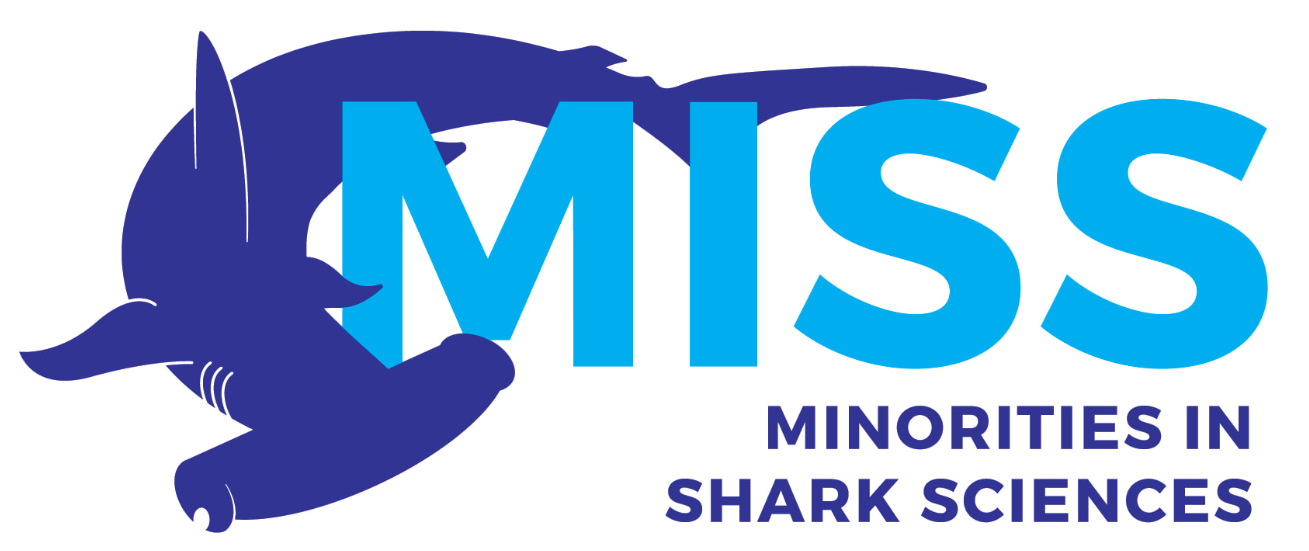
Introducing MISS: Minorities in Shark Sciences
In June of 2020 we, the soon-to-be co-founders of MISS, connected/reconnected on Twitter through #BlackInNature, a hashtag that went viral after @BlackAFInSTEM launched Black Birders Week. As the hashtag grew we slowly increased our ranks. Suddenly, four women who had felt completely isolated now had a community of scientists that looked like them.
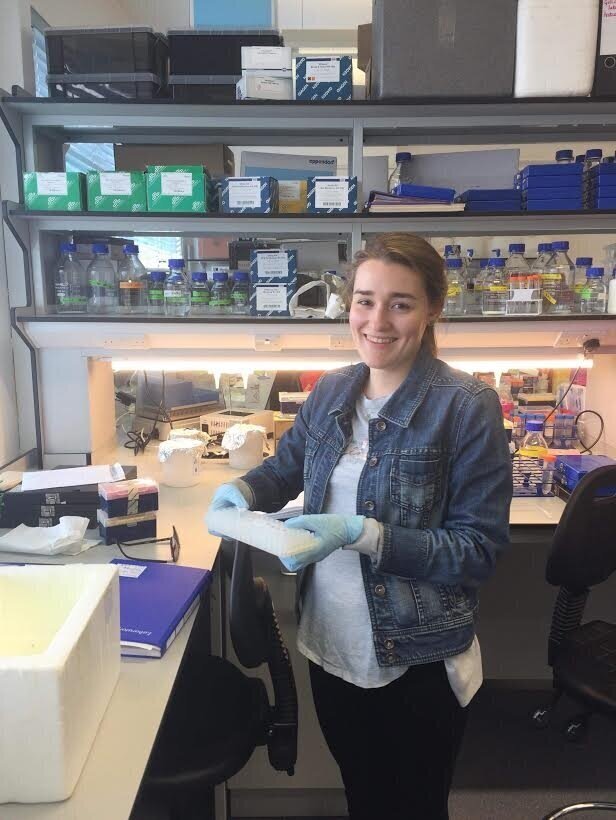
Little Skate, Big Impact
Skates, together with sharks and rays, are the only extant vertebrates that possess a cartilaginous skeleton. Although it hasn’t been explicitly tested in other species of skates (and there are about 150 species described!), we have a good understanding that they all share the same genetic machinery necessary for formation of cartilaginous skeleton.
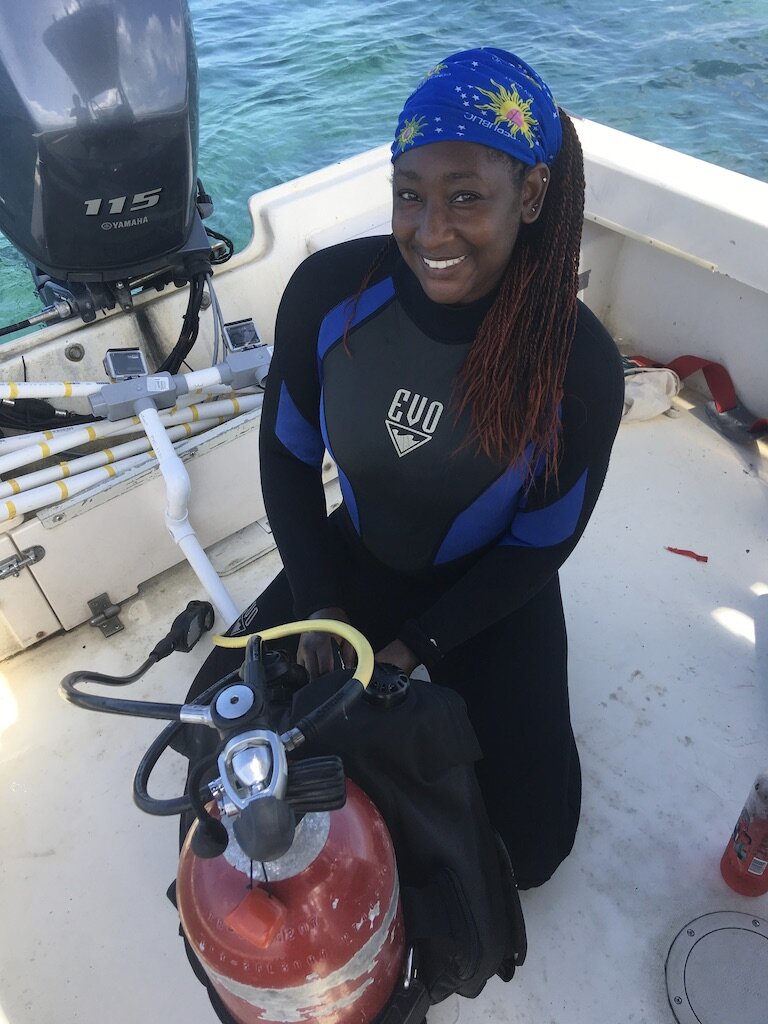
Kayelyn Simmons; A Collection of Personal Experiences by Black Women in Marine Science
I am currently a PhD Candidate in Marine Science at North Carolina State University. I was born and raised in Stone Mountain GA, youngest of three daughters. I love the Atlanta Falcons and boiled peanuts are my favorite southern snack!
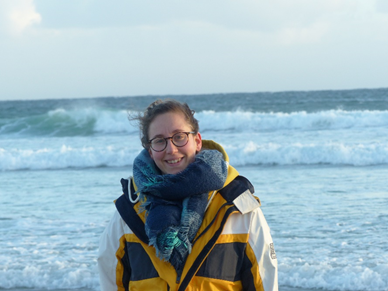
Marine Plastics in Scotland – An Interview with Lola Paradinas
Lola Paradinas is a passionate PhD researcher working at the Scottish Association for Marine Science (SAMS), based in Oban on the west coast of Scotland. She grew up on a sailing boat for the first ten years of her life circumnavigating the globe. Being in constant contact with the sea, she learnt to appreciate, respect and protect the marine environment.

Throwing it All Away: How United States Preemption Laws Undermine Plastic Pollution Progress
Plastic Pollution is one of the biggest problems facing the marine environment today. Plastic waste can often be found as litter along the side of the road or places where people gather like the beach. Even when disposed of properly, some plastic, like carryout bags and straws can be transported by the wind and often ends up in the nearest body of water. As we look to reducing single-use plastic consumption, it’s important to look at some of the policies in place.

Kelly Forsythe: A Collection of Personal Experiences by Black Women in Marine Science
Growing up on an island that was only 26 miles long and 2 miles wide you couldn’t escape the sea if you tried. The sea and trips to the beach were a regular occurrence for me throughout my childhood, but it really wasn’t until 6th form (year 12) that I decided to get serious about a career in marine biology.
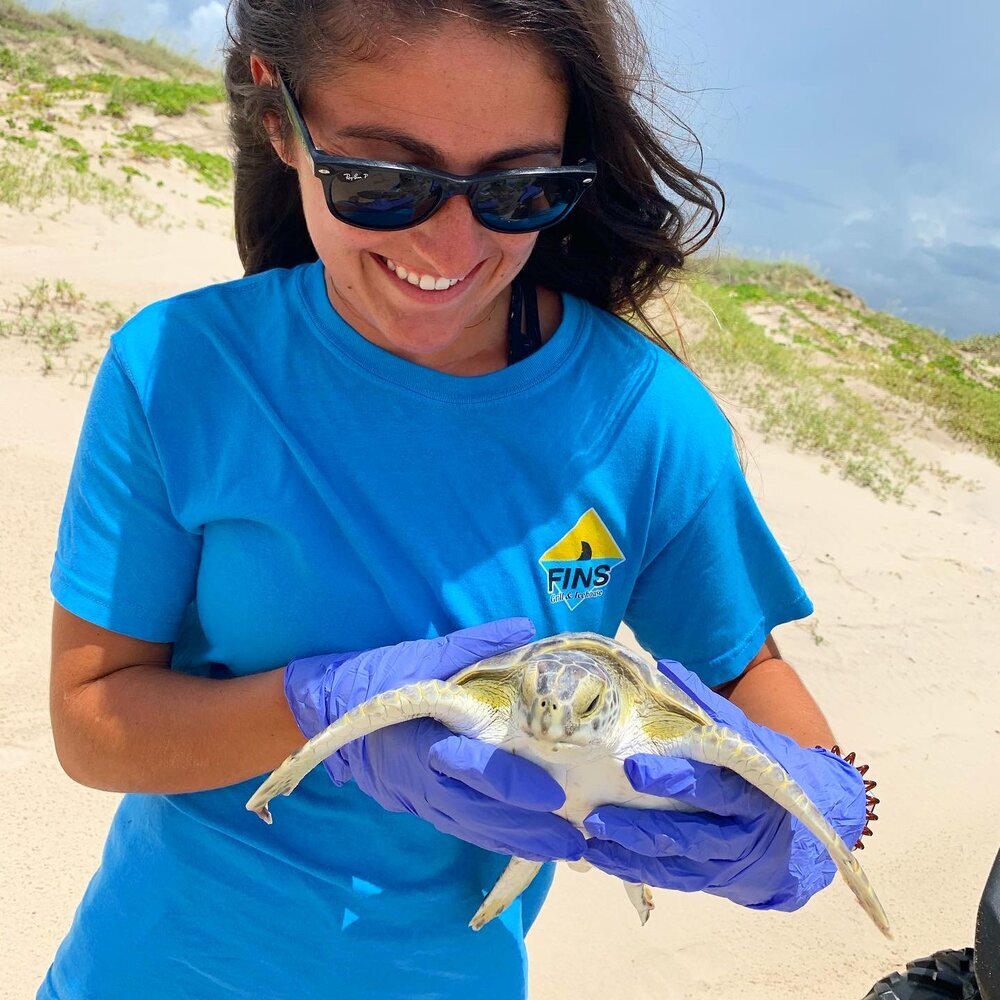
Some Need Straws
At the age of 12, I was on vacation and asked to assist in an emergency wild sea turtle nest removal mission. That day was the a catalyst of my career and my life to protecting nature as a field biologist. I left my home during the pandemic and travelled across the US to work under the National Park Service as a Kemp’s Ridley Biotech. So yeah, I love sea turtles. But I can’t be fully on board with the straw ban.
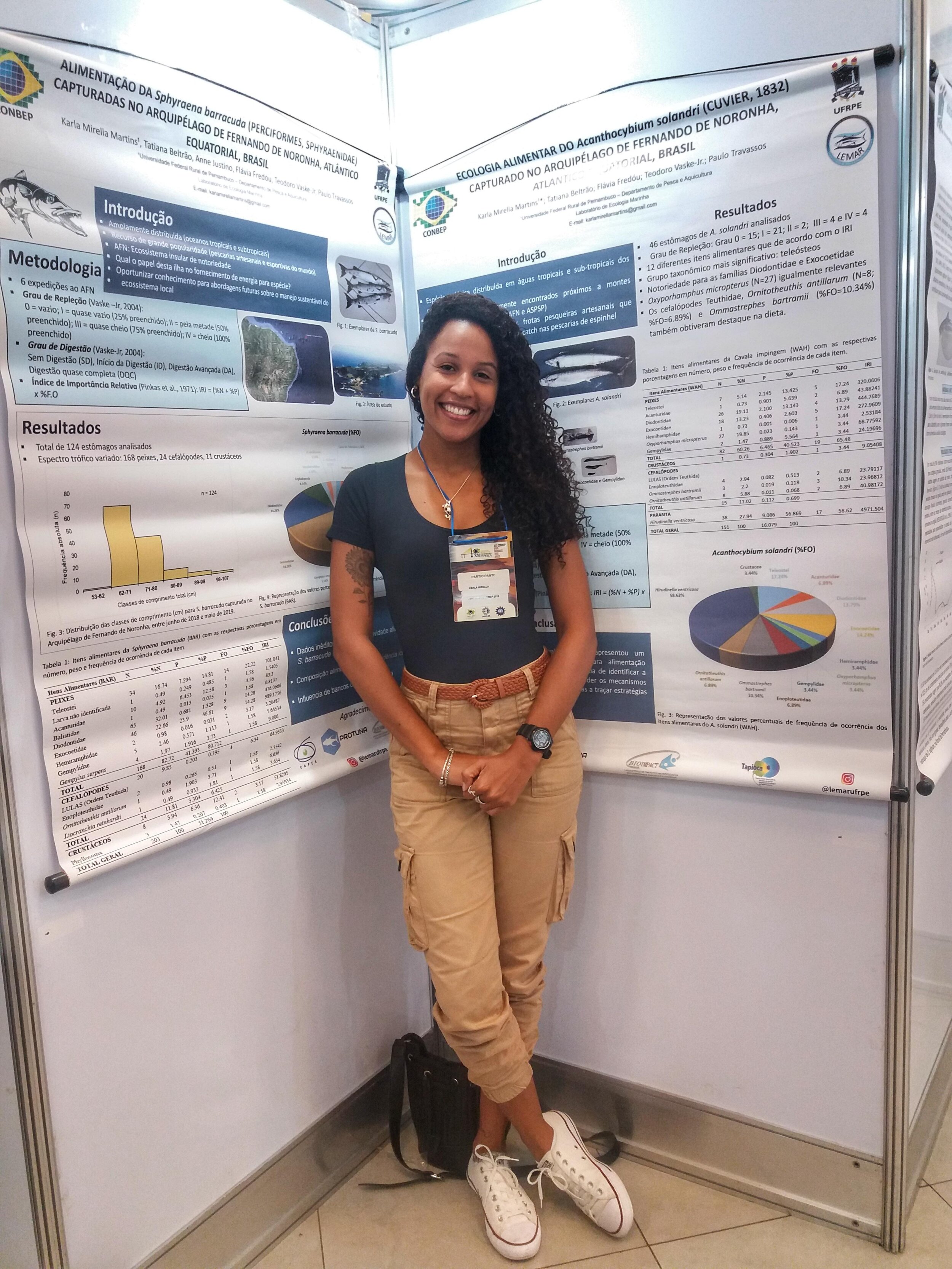
Karla Martins: A Collection of Personal Experiences by Black Women in Marine Science
Karla Martins Is a Fisheries engineer from Brazil. As a PhD candidate, she is a Black woman in a space traditionally occupied by white men. Karla has a thought provoking and positive attitude to the changes that are being made to dismantle and reconstruct racial attitudes towards education.
